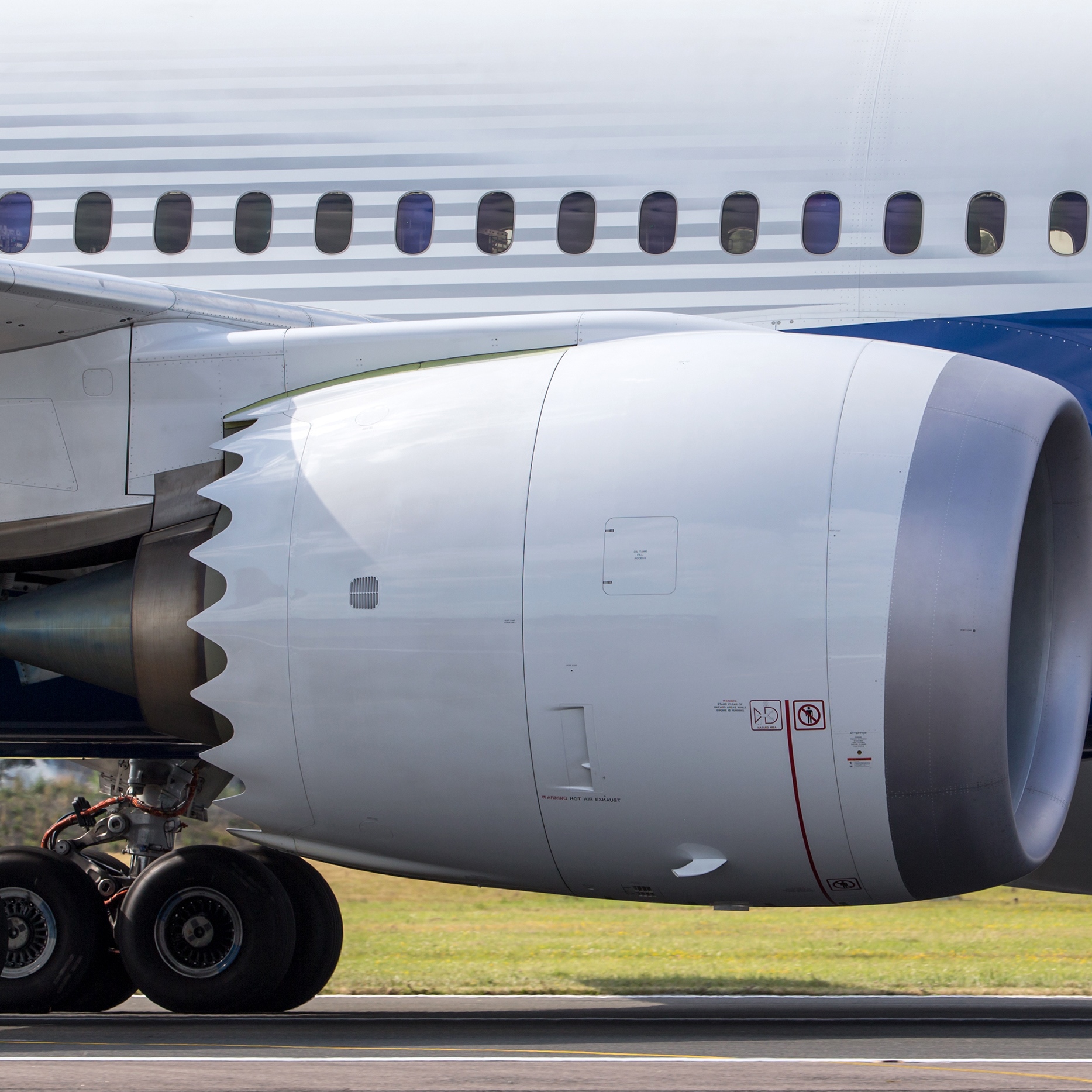
The Federal Aviation Administration (FAA) on Friday adopted a new airworthiness directive for 787-8 and 787-9 Dreamliners, ordering Boeing Co. (NYSE: BA) to revise the planes’ flight manual and, more importantly, rework or replace at least one engine on aircraft equipped with General Electric Co. (NYSE: GE) GEnx-1B engines. The directive becomes effective May 9.
The engine replacement order follows an incident in March when a 787 experienced a non-startable power loss in a newer version of the GE engine caused by ice shedding from the engine’s fan. The ice shedding caused a fan imbalance that then caused “substantial damage to the engine and an in-flight non-restartable power loss.”
There are two versions of the GEnx-1B engine currently in use on the 787: the performance improvement program 1 (PIP1) and the performance improvement program 2 (PIP2). The problem has only occurred on the PIP2 version.
According to the FAA, this directive affects 176 airplanes operated by 29 airlines worldwide, including an estimated 23 aircraft registered in the United States. The cost to U.S. operators to revise a manual is estimated at $85, or a total of $3,655. The engine rework is estimated at $3,400 per engine, or a total of $146,200 for U.S. operators.
The agency also noted that due to the compressed repair schedule, some aircraft could be grounded.
The FAA has shortened its usual procedures and compressed the repair schedule for making these changes, declaring the engine issue to be “urgent”:
The urgency of this issue stems from the safety concern over continued safe flight and landing for airplanes that are powered by two GEnx-1B PIP2 engines operating in a similar environment to the event airplane. In this case both GEnx-1B PIP2 engines may be similarly damaged and unable to be restarted in flight. The potential for common cause failure of both engines in flight is an urgent safety issue.
The directive also requires Boeing and GE to revise the flight manuals and give the crews a new fan ice removal procedure that reduces the likelihood of engine damage due to ice shedding. For some planes the engine’s fan stator module assembly must be reworked.
The flight manual must be revised in seven days and the rework or replacement of the engines must be completed within 150 days. The FAA said that Boeing and GE have developed a maintenance plan to support this work.
The FAA also stated that this is an interim solution and addresses only reworking a single engine on any aircraft equipped with two GEnx-1B PIP2 engines with certain model and part numbers. The agency said it may consider requiring rework on all similar engines.
It’s Your Money, Your Future—Own It (sponsor)
Retirement can be daunting, but it doesn’t need to be.
Imagine having an expert in your corner to help you with your financial goals. Someone to help you determine if you’re ahead, behind, or right on track. With SmartAsset, that’s not just a dream—it’s reality. This free tool connects you with pre-screened financial advisors who work in your best interests. It’s quick, it’s easy, so take the leap today and start planning smarter!
Don’t waste another minute; get started right here and help your retirement dreams become a retirement reality.
Thank you for reading! Have some feedback for us?
Contact the 24/7 Wall St. editorial team.
